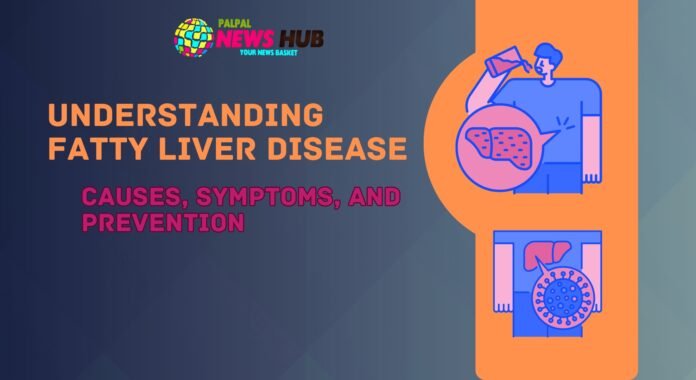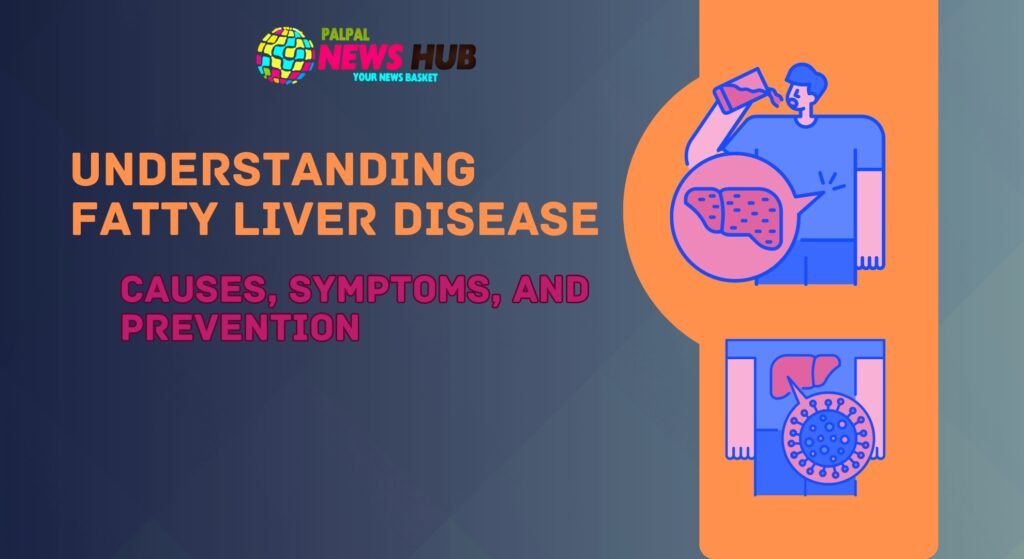
In today’s fast-paced world, maintaining a healthy lifestyle is crucial for overall well-being. Unfortunately, the risk of fatty liver disease is on the rise. According to estimates, approximately 38 percent of people worldwide are affected by this condition. Let’s delve into the details of fatty liver disease, its symptoms, and preventive measures.
What Is Fatty Liver Disease?
The liver, our body’s second-largest organ, plays a vital role in processing essential nutrients from food and distributing them to other organs. Additionally, it filters harmful substances from the blood. However, when fat accumulates in the liver, it leads to a condition known as fatty liver disease. The National Institute of Health defines fatty liver disease as the deposition of fat exceeding 5 percent of the liver’s total weight.
Symptoms of Fatty Liver Disease
Fatty liver disease can progress through several stages:
- Simple Fatty Liver: In this stage, excess fat builds up in the liver. While it is largely harmless if it doesn’t progress, it’s essential to monitor it closely.
- Steatohepatitis: Along with excess fat, inflammation occurs in the liver.
- Fibrosis: Persistent inflammation leads to scarring, although the liver can still function relatively normally.
- Cirrhosis: Scarring becomes widespread, impairing the liver’s function irreversibly.
Both alcoholic fatty liver disease (AFLD) and nonalcoholic fatty liver disease (NAFLD) present similarly. However, many cases of fatty liver remain asymptomatic. Some individuals may experience fatigue or discomfort in the upper right abdomen. Severe liver fibrosis can lead to cirrhosis, a potentially life-threatening condition characterized by symptoms such as abdominal pain, loss of appetite, weakness, yellowing of the skin and eyes, and fluid accumulation in the abdomen.
Preventing Fatty Liver
To prevent fatty liver disease and its complications, consider the following steps:
- Maintain a Healthy Lifestyle: Follow a balanced diet, avoiding excessive junk food and reducing intake of low-fat and sugary foods.
- Regular Exercise: Engage in daily physical activity, such as walking or other forms of exercise.
- Avoid Alcohol Excess: For AFLD prevention, limit alcohol consumption.
- Food Safety: Steer clear of contaminated food and drinks to prevent infections.

Remember, early detection and lifestyle modifications are key to safeguarding your liver health. If you experience symptoms or suspect fatty liver disease, consult a doctor promptly.











































